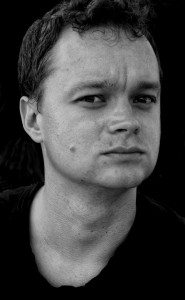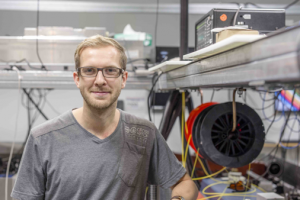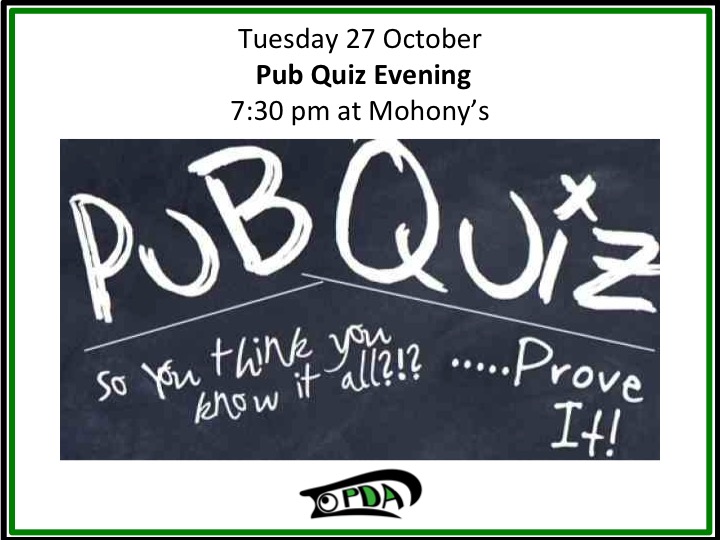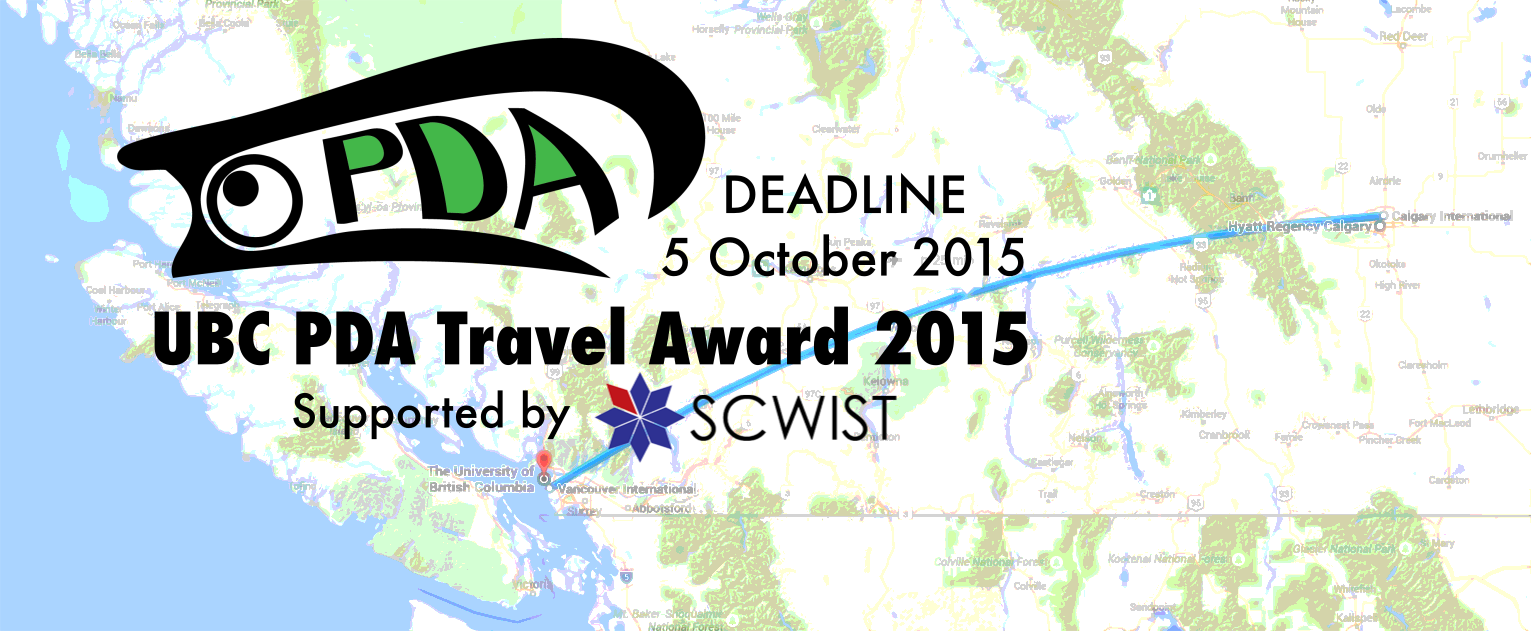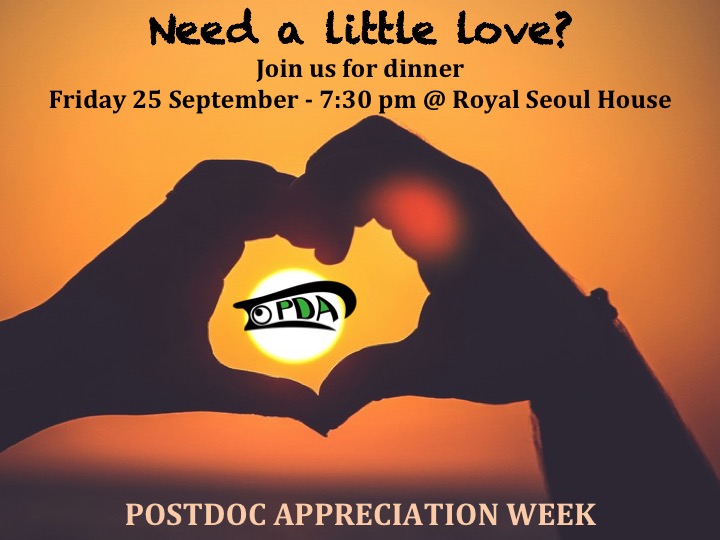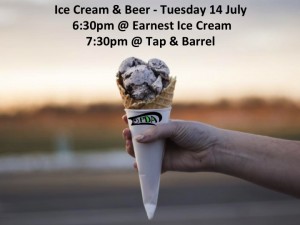Postdoc Talk Event:
17 November 2015 (7 PM)
The Railway Club
(all welcome, more details)
Postdoc Talk Title:
Engineering the Rise of the Machines
Summary:
Artificial Intelligence (AI) has received a lot of attention in the popular press recently, with concerns raised about super-intelligent self-aware AI taking over the planet and spelling the end of the human race. In this talk, I will explain some of the concepts underlying AI in general and machine learning in particular, a set of techniques that allows computers to learn new concepts on their own. I will de-mystify what AI researchers do and to what extent this is actually a threat to humanity at the moment. Finally, I will give my personal views on why reports on the demise of the human race have been exaggerated.
Biography:
Lars Kotthoff received a PhD from the University of St Andrews, Scotland, and moved to UBC after a stint as a postdoc at UCC, Cork, Ireland. He works at the intersection of two subfields of AI and believes that eventually, computers will cause the end of the human race by frustrating them to death. He’s also been known to excavate Maya sites in Central America, looking for ancient computers.
